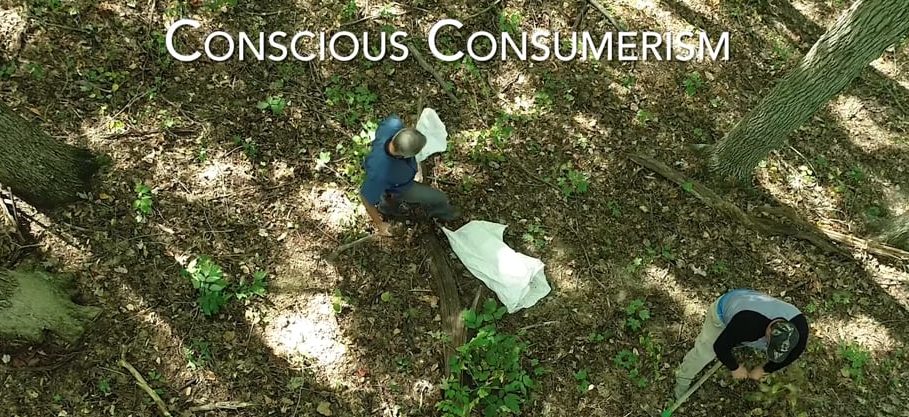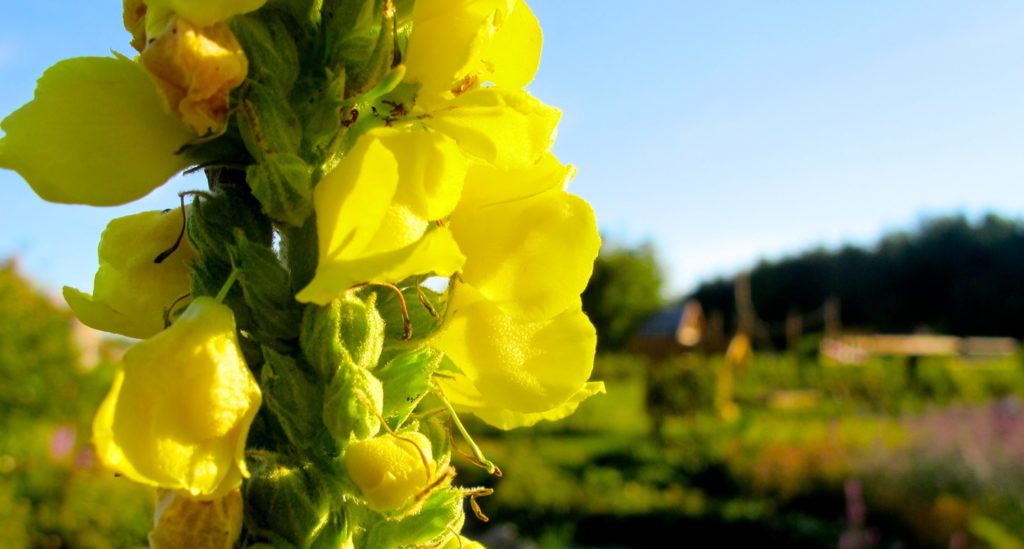Building Healthy Worlds: What Can I Do?

“How and where we spend our money is a political choice, a social choice, and an environmental choice. It is incumbent on us to make these choices and they aren’t easy and we don’t always get them right.” – Sebastian Pole
What Can I Do to Build Healthy Worlds?
Healing is far more complex than ingesting a product. That said, most of us do buy products. And most people, when they hear about the Sustainable Herbs Program, want me to tell them what products to buy.
Our goal has always been larger than recommending products or companies. We want to provide resources so we can all use our purchasing power to create worlds that are healthier, not just for ourselves but for the entire value network involved in producing these products.
But we know that begins with the products we buy.
Where to Begin?
Educate yourself
What are the challenges and issues involved in producing high quality, sustainably and equitably sourced and manufactured products?
- We created this guide to sourcing the botanical industry as a place to begin.
- Read SHP Director Ann Armbrecht’s book, The Business of Botanicals: Exploring the Healing Promise of Plant Medicines in a Global Industry, to learn about her journey to tell the stories of the people and places behind the finished herbal products.
Support Companies You Like
Choosing what companies to support begins with defining your values. You might want a company that supports conservation and traditional knowledge for sourcing wild collected plants. Or domestic herb growing and bioregional herbalism. Or fair trade practices for small landowners around the world. Figure out what your values are, then find companies whose values align with your own. Support them by buying their products.
Challenge Companies to Do More
Challenge those companies to go further. Let them know you will support them (by continuing to buy their products) as they take these risks of implementing more rigorous standards.
A few questions to ask:
- Do you source certified organic, certified wild organic and/or FairWild, or regeneratively grown plants? If not, why not?
- Do you make site visits? If your company doesn’t have the resources, do your suppliers make site visits? What kinds of relationships do their suppliers have with these producers? If the company can’t answer that, find one who can. Watch Relationships through the Supply Chain to see firsthand how staff from Pukka Herbs works with their suppliers in India.
- What are you doing about climate change? Both to help minimize your impact and to adapt to changes?
- Do you source fair trade certified ingredients? (See International Guide to Fair Trade labels for an overview of fair trade certifications see this report) If not, why not?
- Are you carbon neutral? Zero Waste? A certified B Corps? If not, what are your plans for becoming so?
The industry will only change when all of us, especially herbalists and the herb community, engage in the process of making it change.
No Time for Research?
If that’s more than you can think about now, here are some key takeaways:
- Pay more. Inexpensive products do a huge disservice to the entire supply chain. Cheap products not only are not likely to work. Lower prices put pressure on companies who are trying to do it right, but still have to compete in the marketplace.
A few other general guidelines about what to look for in spending that additional money:

- Buy certified organically (wild harvested or cultivated) and processed herbs.
- Buy fair trade certified (Fair Wild, Fair Trade, Fair for Life) whenever possible. Encourage companies to invest in these certifications so more Fair Trade certified medicinal plants are available.
- Pay more for herbs grown locally by small farmers with whom you can have a relationship.
- Perhaps the most important thing you can do is grow an herb in a pot in your window so you understand what is involved. Learn how to use the plant as a tea or to prepare a tincture or salve.
- Better yet, grow two plants.

Comments